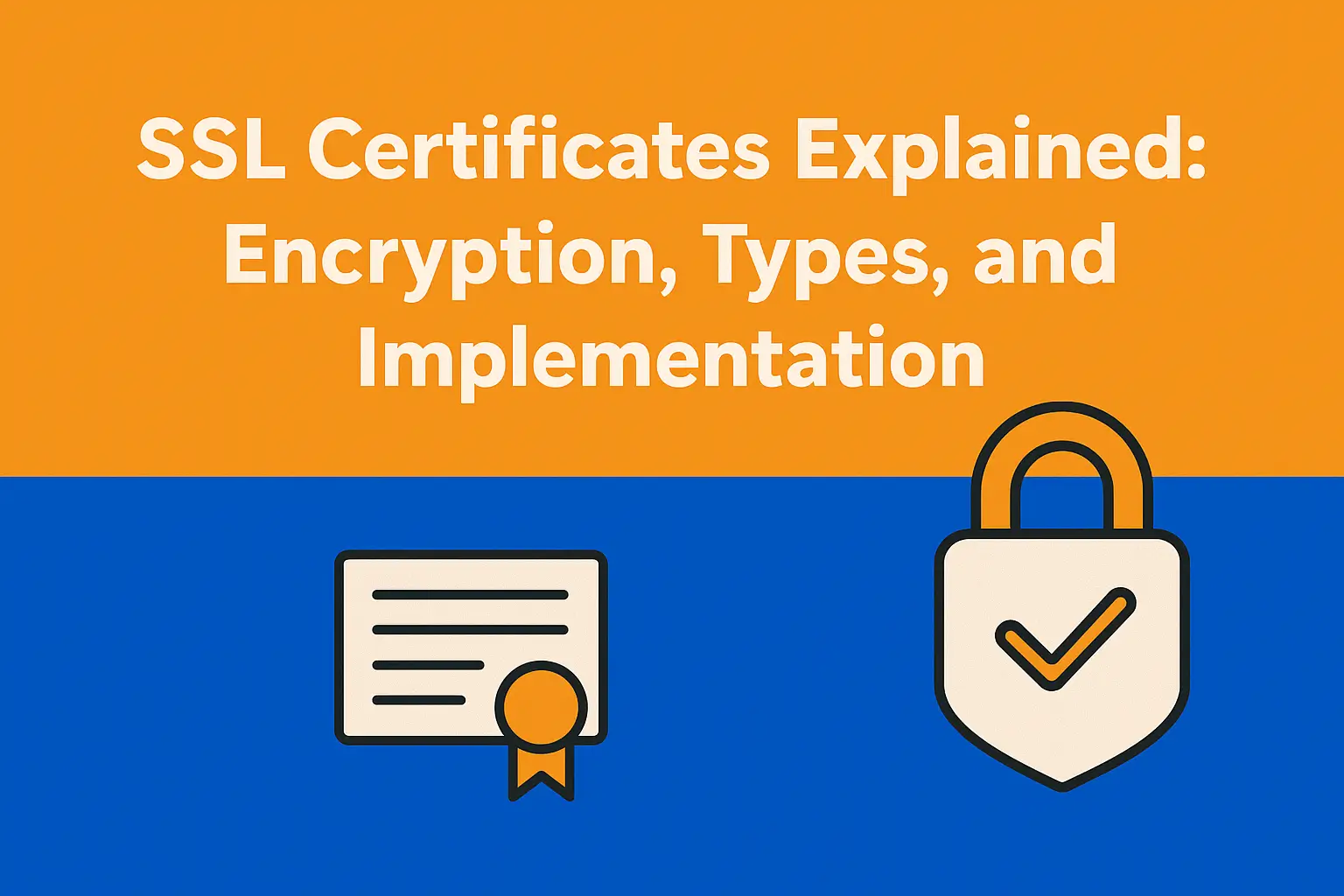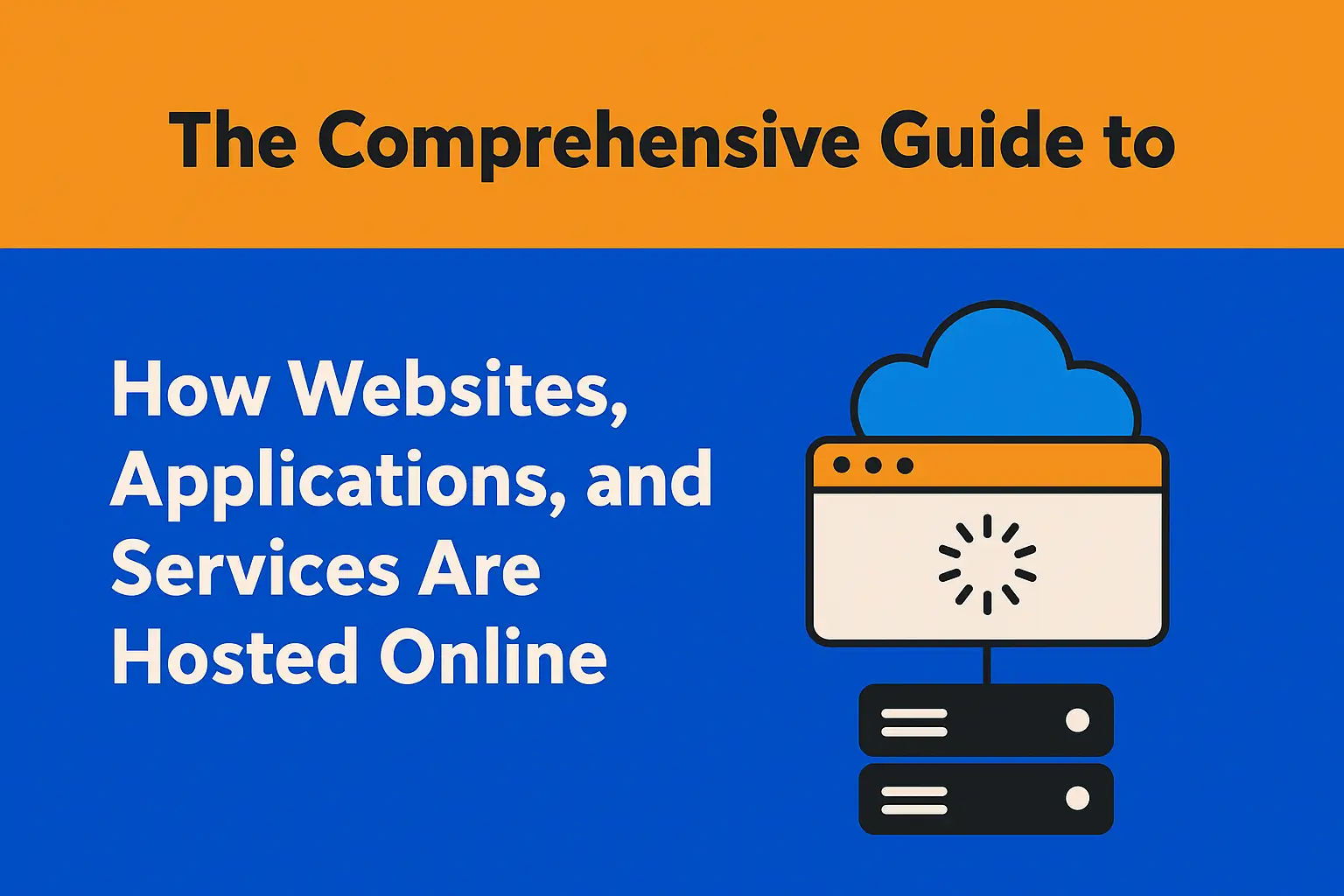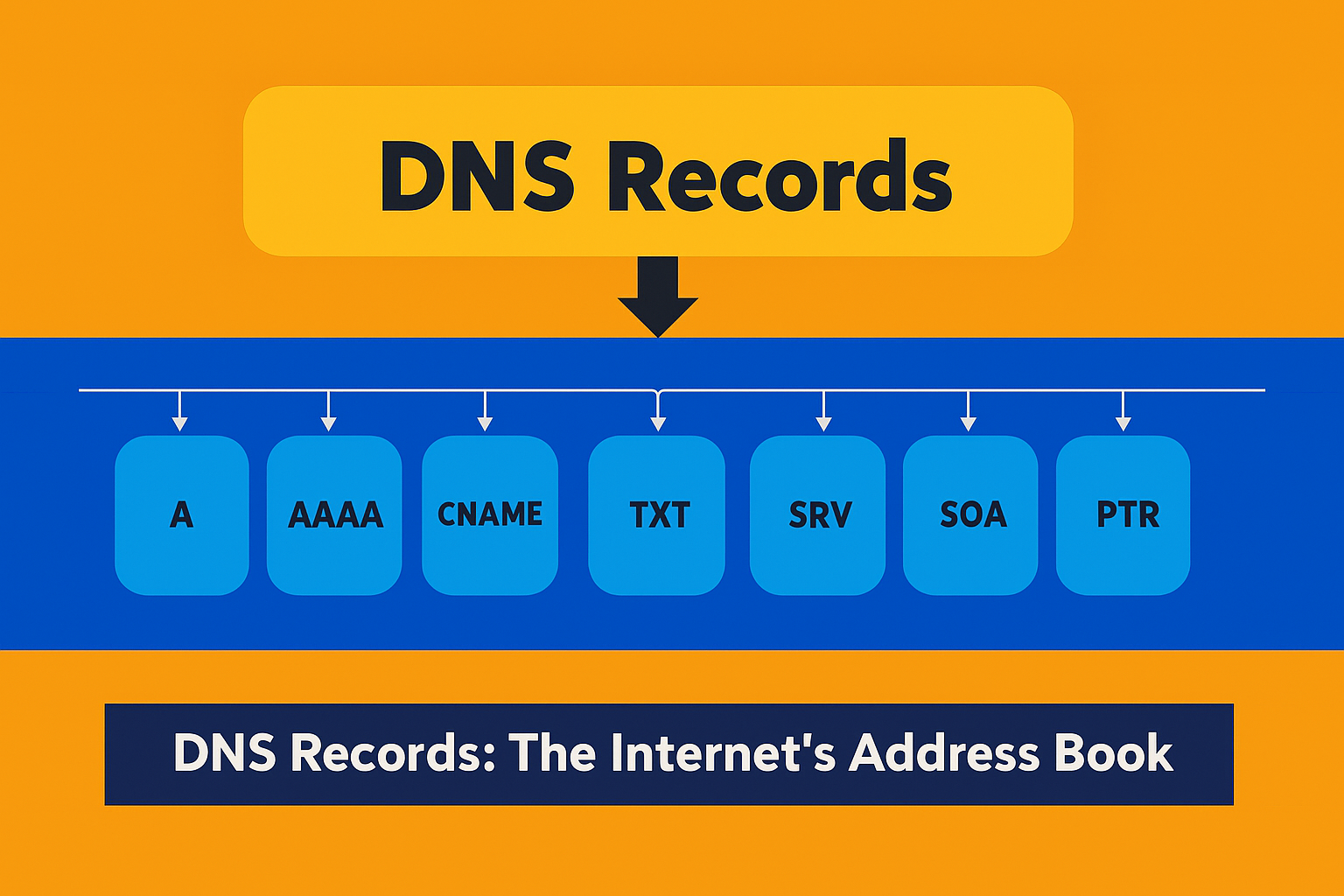
Understanding Domain Parking
Domain parking refers to the practice of registering an internet domain name without associating it with any services, such as a website or an email system. Owners of parked domains typically utilize these domain names for future development, reselling, or simply to reserve them for later use. This strategy contrasts significantly with active domain usage where the domain is immediately linked to a live website or email service.
The primary objective of domain parking is often speculative. Domain owners anticipate that the names will appreciate in value over time, making them more attractive to potential buyers. Additionally, domain parking can serve as a protective measure, preventing competitors or cybersquatters from acquiring the domains.
Historically, domain parking emerged as a noticeable practice in the early 2000s, bolstered by the explosive growth of the internet and domain name industry. Entrepreneurs quickly recognized the potential financial benefits of acquiring and holding premium domain names. Early adopters of domain parking often capitalized on the growing market by trading these reserved domains for substantial profits.
Over the years, the practice of domain parking has evolved significantly. Initially, parked domains were often simple, static pages with “under construction” messages or placeholders saying the domain was for sale. However, the approach has become more sophisticated, incorporating advertising networks that generate revenue. Modern parked domains may display sponsored content, pay-per-click advertisements, or even provide minimal functional services, all aimed at monetizing the otherwise unused web addresses.
This evolution reflects broader trends in the digital landscape, where every asset’s monetization potential is scrutinized. Consequently, domain parking remains a viable strategy for those looking to maximize the value of their unused domains.
Why Park Your Domain? Benefits and Opportunities
Domain parking is a strategic approach utilized by businesses and individuals to capitalize on domains that are not currently in use. One of the primary benefits of parking a domain is the potential to generate passive income through advertisements. By hosting continuous ad content on a parked domain, owners can monetize web traffic, thus ensuring that the site remains financially productive even when it is not in active use. This passive revenue stream is particularly appealing for those with portfolios of multiple domains, as each parked site can collectively contribute to substantial earnings.
Another significant advantage of domain parking is the protection of brand integrity. In the highly competitive digital marketplace, securing all relevant domain names for a brand can prevent competitors from acquiring similar domains and possibly diluting brand identity or capitalizing on mistaken traffic. By parking these domains, businesses ensure consistent control over their brand’s digital presence. This can be especially crucial for established brands looking to maintain a professional image and avoid potential consumer confusion.
Additionally, parking a domain opens up opportunities for profitable reselling. Domain names can appreciate in value over time, particularly if they are short, memorable, or contain high-value keywords. Owners of parked domains may receive lucrative offers from interested parties who recognize the domain’s market potential. This practice has led to the emergence of a robust secondary market for domain names, where substantial profit margins can be achieved by selling to the highest bidder.
In summary, domain parking offers a trifecta of benefits: passive income generation, brand protection, and resale opportunities. By intelligently leveraging these advantages, domain owners can maximize the potential of their digital real estate and ensure long-term value extraction from their investments.
How Domain Parking Works: A Step-by-Step Guide
Domain parking involves holding an inactive domain without hosting any website content on it. To begin, individuals first need to register the domain name through a domain registrar, such as GoDaddy, Namecheap, or Google Domains. During the registration process, the user selects a unique domain name and commits to a registration period, generally ranging from one to several years. The registration can also be renewed as needed to retain ownership of the domain.
Once the domain is registered, the next step is to choose a domain parking service. Domain parking services vary, with each offering unique features tailored to different needs. Popular options include Sedo, Bodis, and ParkingCrew, among others. These services provide platforms where domain owners can list their unused domains, often turning them into passive income-generating assets.
Setting up with a domain parking service typically involves creating an account and pointing the domain’s nameservers to those specified by the chosen service. This allows the parked domain to be hosted on their servers. The domain parking service will then populate the domain with automatically generated content, often consisting of advertisements that are relevant to the domain name.
Monetization plays a crucial role in domain parking. Revenue is generated primarily through pay-per-click (PPC) advertisements displayed on the parked page. When visitors land on the parked domain and click on these ads, the domain owner earns revenue. Advanced domain parking services may also offer features such as traffic analysis, optimization tools, and varied ad types to maximize income potential. Additionally, some services enable domain auctioning options, where domains can be sold directly to interested buyers.
Types of domain parking services can cater to specific user needs. Some focus on maximizing advertising revenue, while others might prioritize ease of domain management or provide additional marketing tools. By understanding the distinct features and benefits of each service, domain owners can select a solution best suited to their goals.
Monetization Strategies for Parked Domains
Monetizing parked domains can generate revenue from assets that might otherwise remain idle. One effective method is pay-per-click (PPC) advertising. PPC advertising places relevant ads on your parked domain, generating income each time a visitor clicks on an ad. This approach leverages the concept of targeted advertising, ensuring that advertisements are appropriately matched to the type of traffic your domain attracts, thus maximizing click-through rates and, consequently, revenue.
Another lucrative strategy is affiliate marketing. By partnering with affiliate programs, you can place affiliate links on your parked domain, earning a commission on any sales generated through those links. This method is particularly effective for domains with specific keywords or niches that attract an audience already interested in particular products or services. For instance, if your parked domain revolves around travel, you could include affiliate links to hotel booking sites, tour agencies, or travel gear stores.
Additionally, selling domain names can be a significant source of income. Marketplaces like Sedo, Flippa, and Afternic offer platforms for listing and selling domain names to interested buyers. High-value domains, especially those with short, memorable names or those that match prevalent trends or technologies, can fetch substantial amounts. It is crucial to research and appraise your domain using tools such as Estibot or GoDaddy Domain Appraisals to establish an appropriate price.
To optimize revenue from parked domains, combining these strategies can be beneficial. Employing PPC advertising while waiting for a lucrative sale can ensure continuous income. Additionally, understanding your domain’s traffic and tailoring affiliate marketing efforts to the specific interests of your visitors can enhance earnings. Regularly analyzing traffic patterns using tools like Google Analytics can provide insights into visitor behavior, enabling better ad placement and more effective affiliate strategy deployments.“`html
Choosing the Right Domain Parking Service
Selecting the appropriate domain parking service is a crucial step in maximizing the potential of unused domains. Numerous factors must be taken into account to ensure you are making an informed decision. Among the primary considerations are the features each platform offers, their payout structures, ease of use, and customer support.
Firstly, it is essential to evaluate the features provided by domain parking services. Leading platforms like Sedo, Bodis, and ParkingCrew offer a variety of features including templates for parked pages, customization options, traffic analytics, and security measures. These features can radically influence the revenue generated from parked domains. For instance, platforms such as Bodis are known for their versatile templates, allowing users to enhance the visual appeal and functionality of their parked pages.
Payout structure is another critical factor. Different platforms offer different revenue share models. For example, Sedo takes a commission-based approach, where they retain a percentage of the advertising revenue generated by your parked domains. On the other hand, services like ParkingCrew provide a straightforward payout based on traffic volume and click-through rates. Carefully comparing these models can help you choose a service that aligns with your financial goals.
Ease of use cannot be overlooked. An intuitive platform saves time and reduces the complexity of managing your domains. Tools like customizable dashboards and user-friendly interfaces are hallmarks of top domain parking services. For example, Sedo is often recommended for its seamless integration with major registrars and simplified domain management procedures.
Lastly, consider the quality of customer support. Comprehensive and responsive support can bridge the gap between a novice and an experienced domain investor. Platforms like Bodis and ParkingCrew are frequently praised for their efficient customer service, offering assistance via various channels including email, phone, and live chat.
By examining these criteria—features, payout structures, ease of use, and support—you can make a well-informed choice that will help in effectively monetizing your unused domains.“`
Risks and Challenges of Domain Parking
Domain parking presents both potential benefits and inherent risks that must be judiciously managed. One of the primary challenges associated with domain parking is low traffic. Often, parked domains suffer from minimal visitor engagement, limiting their monetization potential. This limited traffic can be attributed to the domain’s lack of compelling content or optimization, as parked domains typically function as interim placeholders rather than fully developed websites.
Additionally, fluctuating advertisement revenue is a significant risk for those relying on parked domains for income. Advertisers’ interest in placing ads can vary based on numerous factors, including market trends, search engine algorithm adjustments, and seasonal fluctuations. Consequently, the revenue generated from ads displayed on parked domains can be highly unpredictable, making it difficult to forecast steady income.
The potential for domains to remain unsold constitutes another notable risk in domain parking. The domain market is highly competitive, with an abundance of available domains vying for buyers’ attention. Factors such as domain name quality, relevance, and market demand play crucial roles in the likelihood of a domain being sold. Unsold domains not only fail to generate profit but also incur ongoing maintenance costs and registration fees.
To mitigate these risks, it is essential to adopt strategic measures. Enhancing the attractiveness of parked domains through search engine optimization (SEO) techniques can increase visibility and, by extension, traffic. Utilizing engaging and relevant content can also contribute to higher visitor retention rates. Diversifying income streams, such as exploring alternative monetization methods besides advertisements, can provide more stability amidst fluctuating ad revenue.
Furthermore, conducting comprehensive market research before acquiring domains can improve the chances of them being sold. Understanding trends, popular keywords, and buyer preferences enables informed decision-making during domain acquisition. Regularly reviewing and updating the domain portfolio ensures that only high-value domains are retained, and non-performing ones are either improved or divested.
Legal Considerations and Best Practices
When engaging in domain parking, it is crucial to be aware of the legal considerations that can impact your activities. One major concern is the issue of trademark infringement. Registering a domain name that is identical or confusingly similar to a registered trademark with the intent to profit from the goodwill associated with that trademark can lead to legal repercussions. This practice, known as cybersquatting, is strictly prohibited and can result in the loss of the domain name and potential financial penalties.
Additionally, adhering to the policies set forth by domain registries and international regulations is essential. For instance, the Internet Corporation for Assigned Names and Numbers (ICANN) oversees domain name policies through its Uniform Domain-Name Dispute-Resolution Policy (UDRP). Ensuring compliance with these policies helps protect against legal disputes and maintain good standing within the domain parking community.
There are a few best practices to follow to ensure lawful and ethical domain parking. Firstly, perform due diligence by conducting comprehensive research to ensure that the domain name you intend to park does not infringe on existing trademarks. Tools such as the Trademark Electronic Search System (TESS) can be invaluable for this purpose. It’s also advisable to keep clear records of your domain purchases and parking activities to provide transparency in case of legal inquiries.
Furthermore, avoid registering domain names that could be considered misleading or deceptive. Ethically parked domains should not give the impression that they are associated with a particular brand, company, or individual if they are not. This not only reduces the risk of legal action but also fosters a more trustful digital environment.
In summary, by understanding and adhering to legal frameworks and ethical guidelines, individuals can effectively manage and maximize their unused domains while minimizing the risk of legal issues. This approach ensures a smooth and compliant domain parking experience.
Future Trends in Domain Parking
The landscape of domain parking is poised to evolve significantly in the coming years, driven by advancements in technology and shifting patterns of internet usage. As the digital ecosystem becomes more complex, the methods and strategies for maximizing the potential of unused domains will need to adapt accordingly.
One of the most anticipated trends is the integration of artificial intelligence and machine learning into domain parking services. These technologies have the potential to analyze user behavior and preferences with unprecedented accuracy, enabling more targeted and effective advertisement placements on parked domains. By leveraging AI, domain owners can enhance click-through rates and revenue from parked domains, making them a more lucrative asset.
Additionally, the rise of blockchain technology and decentralized internet platforms may introduce new opportunities and challenges for domain parking. Blockchain could offer more secure and transparent domain management, reducing the risk of fraud and enhancing trust among buyers and sellers. Furthermore, decentralized platforms might change how domains are registered and utilized, requiring domain investors to stay agile and informed about these developments.
The increasing adoption of Internet of Things (IoT) devices also holds implications for domain parking. As more devices become interconnected, the demand for domain names tailored to specific industries or technologies is expected to rise. Savvy domain investors can capitalize on this trend by acquiring and parking domains relevant to emerging IoT applications, turning unused domains into valuable portals for niche markets.
Lastly, evolving internet usage patterns, such as the widespread use of mobile devices and voice search, will influence domain parking strategies. Mobile-first and voice-optimized domains will become more critical as users shift away from traditional desktop browsing. Ensuring that parked domains are accessible and effective across multiple devices and search modes will be essential for future success.
To maximize the potential of unused domains, it is crucial for domain investors to stay informed and adaptable. Embracing new technologies and understanding emerging trends will be key to navigating the future landscape of domain parking successfully.




0 Comments